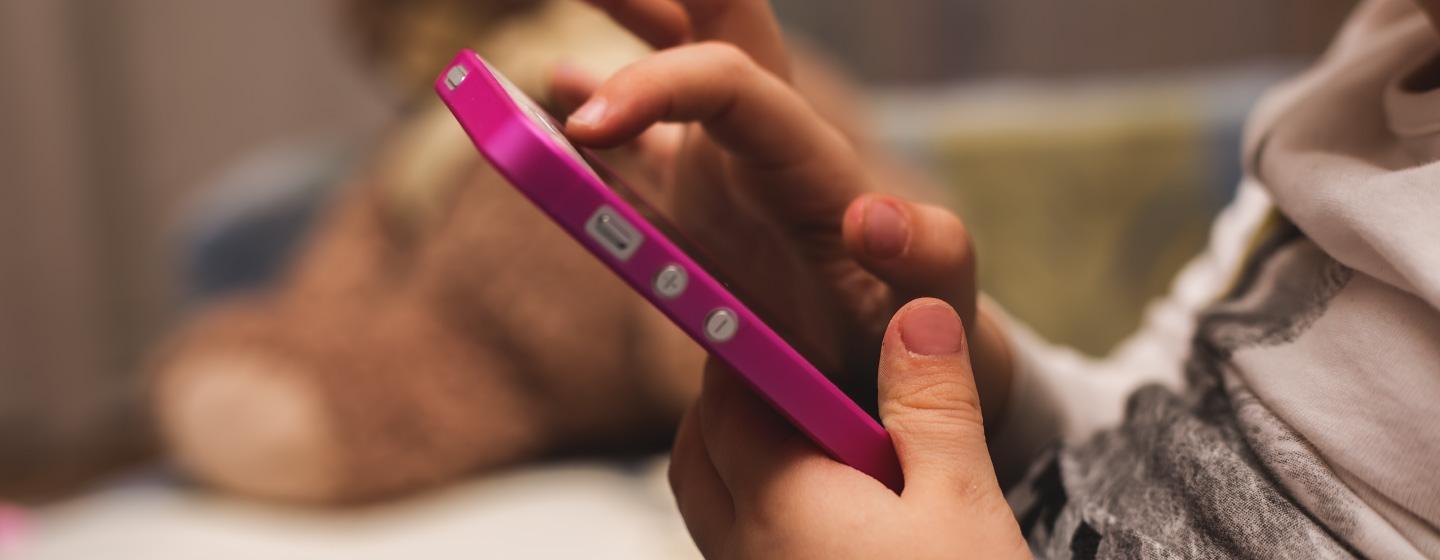School Districts Continuing To Tackle Cell Phone Use in the Classroom

Everyone has a cell phone in their pocket, and if you’re an educator or parent of a student, you know teens are no exception.
But what is the balance between technology and classroom learning? Teachers in many districts have complained that phones are a distraction to students. Texting, scrolling Tik Tok, and playing games while lessons are being taught.
A recent Pew Research study revealed 72 percent of high school teachers nationwide say cell phones have been a major distraction to their students during learning. Just 20 percent categorized it as a "small" or "minor" problem.
Labor Day marks the last weekend many students in Western New York will have of summer break – and some are returning to classrooms with new bans around smart phones.
What impact could this have on kids’ mental health? WBFO’s Ryan Zunner has the story.
When students in Lackawanna return to the classroom later this week, they’ll have a new policy where phones must be placed in a locked bag. Some districts across the state have similar rules, while Governor Kathy Hochul explores a statewide policy.
But are these a holistic preventative? Or reactionary? School counseling and psychology professor at UB Dr. Katheryne Leigh-Osroosh thinks it’s the latter
“We need to start really having a focus on how does cell phone use, and using virtual spaces impact identity development," said Dr. Leigh-Osroosh. "And not just the clickbait headlines about how it’s detrimental, but ultimately how holistically is it impacting identity development?”
Gen Z is the generation whose development has had one constant, smart phones and social media. According to research done by IBM, three out of four Gen Z’ers say their primary free time activity is spent online – and data from firm Harmony Healthcare show Gen Z’ers lead generation groups in average screen time at a little over six hours a day.
That might sound like an addiction.
“Cell phone use, and gaming and iPads, how that has shifted things neurologically — and how for many it has become an addiction, even for adults," she said. "We know with addictions and substance use and recovery, you can’t just take the stimulus away, you cant just take the substance away. When it comes to teachers competing with technology there is no race, technology wins.”
So how do you strike a balance? Dr. Leigh-Osroosh said student curriculum and professional development of those in education is a start.
“As a school counselor we have the ability to create curriculums that are focused on prevention, and at different tiers. So we have the schoolwide tier which is the first tier, and within that tier many of our interventions are classroom guidance lessons, and this gives school counselors the opportunity to engage in topics about responsible use of technology," Dr. Leigh-Osroosh said. "As well as some of the concerns are raised about technology when it comes to privacy and technology.”
She believes in many ways, conversations around cell phone policy in schools is similar to conversations around sex education curriculum.
“How do we engage in these dialogues? How do we decide what’s going to be the responsibility of the school and what’s going to be a conversation the parent has? And so in a similar mind in how we think about sexual health, you know it’s messy, it’s complicated, it’s very personal, it is an aspect of who we are," said Leigh-Osroosh. "As much as we don’t like to think about technology in that relationship, this generation has that relationship with the technology. So I think it’s a similar process. And just like with abstinence-only education, there’s going to be proponents for it, and people who are against it.”
Governor Hochul on her statewide listening tour among school districts and parents, seems to be one of those against smart phone use – citing mainly mental health and a study by Common Sense Media showing teens get about 200 texts and social media notifications per day.
“It’s hard enough for adults to pull themselves away from cell phones, I can’t imagine how hard it is for young people as well. But also, it’s time to start figuring out solutions, the status quo is not working for our children in particular," the governor said. "And I want to make sure we continue to incorporate community feedback. I want to hear from more parents and more teachers, so we’re going to focus on this.”
Ultimately Hochul's office would have to craft and pass a bill in the New York State Legislature, which doesn’t reconvene until January.
This article was originally published on WBFO.
Related

SUNY Officials Urge FAFSA Completion
SUNY Chancellor John King says FAFSA applications are down this year.


